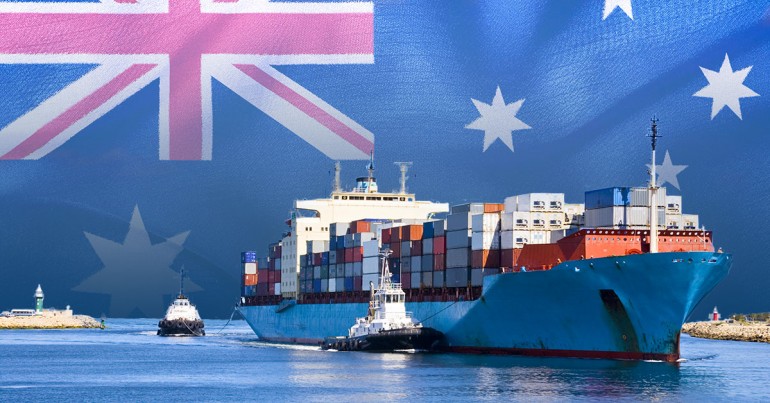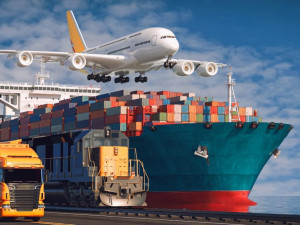
It has been confirmed by the Australian Minister for Trade Tourism and Investment that the moment Brexit is complete, Australia will sign a “huge” Free Trade Agreement with the UK which will replace the existing pan-EU agreement as far as the UK is concerned.
This will, of course, present a huge opportunity to British exporters of good as well as services.
Click to learn more about currency risk management for import/export!
However, before everyone jumps on a plane, there is the small issue of the comment that the agreement will only be signed following, Brexit and UK businesses are pretty much in the dark about when that will happen.

For those new to the country, importing goods into Australia can seem onerous at first but most documentation only has to be completed once for new applicants. The sheer distance that goods and people must travel to the country is a major obstacle but that is catered for by the regulations by extra time given for the arrival of shipping documents although technological developments and acceptance of electronically delivered forms has helped considerably.

Awareness of the rules for importing/exporting to and from Australia is vital as the authorities operate what amounts to a single strike policy for those found to be flaunting the rules although they are more lenient on genuine errors. Given the distances involved, it is best to get it right first time. More information on those regulations can be found here

Learn more about how you can save up to 85% on currency transfer fees with CurrencyTransfer.com!
UK exports to Australia have been falling over the past ten years and that trend is expected to change in the years following Brexit. Clearly it will take some time for UK exporters to penetrate a market that has become used to diversification, but the U.K. Government believes trade with Australia and other Commonwealth countries will form the cornerstone of trade policy post-Brexit.

About Alan Hill
Alan has been involved in the FX market for more than 25 years and brings a wealth of experience to his content. His knowledge has been gained while trading through some of the most volatile periods of recent history. His commentary relies on an understanding of past events and how they will affect future market performance.”



